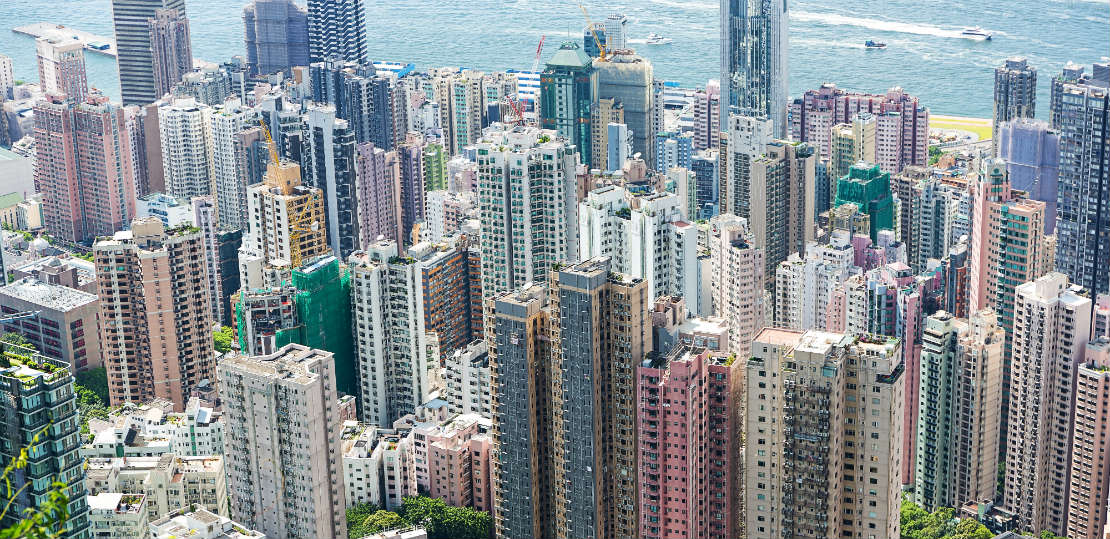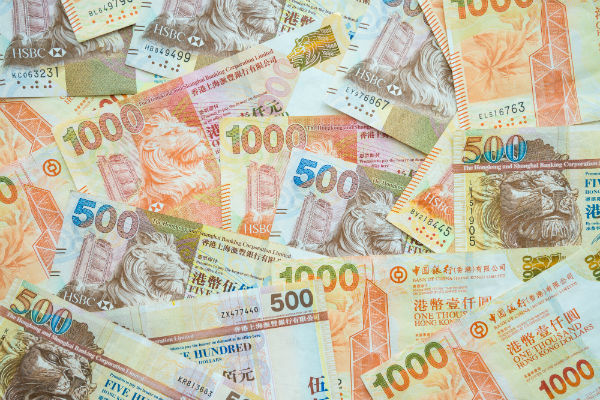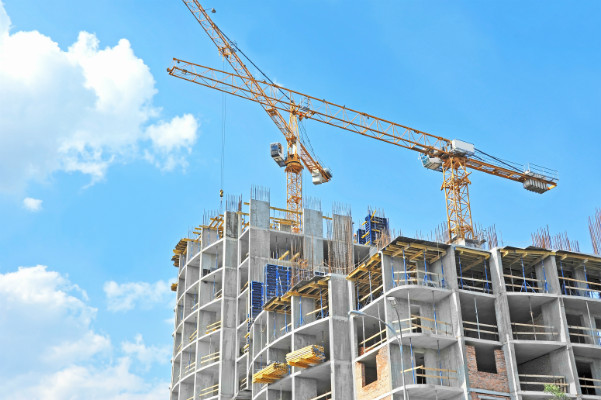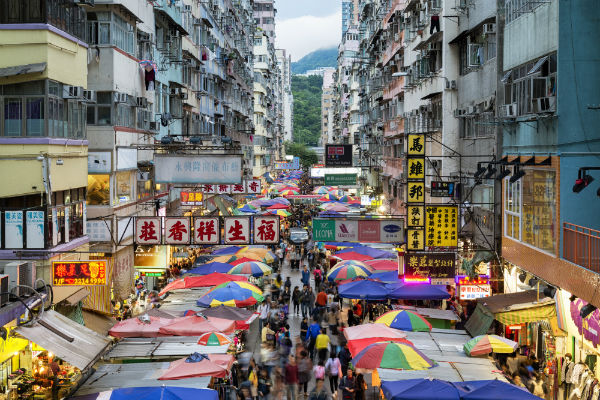State of the Hong Kong Property Market
- OKAY.com | 15 December 2016

Overview
As of month end October 2016, the residential volume of property transactions in Hong Kong decreased by 15.7% whereas the corresponding residential value decreased by 2.6% compared to the previous month. This bucked the accelerating upward trend of recent months with m-o-m growth in home prices reaching a peak of 2.7% in September, and the period between April and September yielding a total residential property price surge of 8.9%.
This momentary dip in property prices has been largely attributed to the anticipation and subsequent enactment of the ad valorem stamp duty by the Hong Kong government. Put in place on November 5, it was primarily introduced as a cooling measure for Hong Kong’s overheated residential property market. Stamp duty aside, to gain a more holistic outlook as to the current state of Hong Kong’s property market, it is also important to take other external factors including developer and price considerations, foreign investors as well as Hong Kong demographic trends, into account.
State of the Hong Kong Property Market
Ad Valorem Stamp Duty

The increase in the ad valorem stamp duty (AVD) dominated the Hong Kong real estate news cycle in November. Replacing the doubled ad valorem stamp duty (DSD) with a flat rate of 15% (except for Hong Kong residents who are first time home buyers), and pulling the total transaction cost for non-locals up to 30% of the total consideration.
The stamp duty has led to a growing number of Hong Kong buyers defaulting on their agreements and in some instances forfeiting their deposits. According to Midland Realty’s data, during the week of November 7, home sales in 35 housing estates plunged by 36.5%. Despite this, the new rate is expected to have minimal impact on luxury properties since there is still an abundance of capital flows from mainland China given the political and economic volatility of other markets.
Domestically speaking, though there will be a drop in transaction volumes for residential properties in Hong Kong with Credit Suisse forecasting a 22% price correction by the end of 2018, according to CLSA, the downward correction of prices could be a temporary event since the stamp duty does not affect first-time buyers and is intended to curb demand from ‘upgraders’ seeking to purchase a second home. Ultimately with the onset of potential interest rate hikes and a potential freeze in transaction volumes as buyers hold off on selling their homes, property prices could yet recover swiftly.
Developers & Chinese Buyers

Referring to Land Department data, though developer shares fell rapidly following the government’s stamp duty announcement, tenders for sale of government land for seven months leading up to November 2016 as well as land sale revenue in 2015 reached record levels, hitting HKD52.84 billion and HKD43.31 billion respectively. According to Colliers, developer interest will likely carry on into 2016 leading to the supply of more residential units in Hong Kong.
This trend is likely to continue despite a curb in luxury property investment from mainland Chinese buyers. Deterred from entering the real estate market by the yuan’s depreciation relative to the Hong Kong dollar and the introduction of the 30% stamp duty (up from 23.5%), mainland Chinese nonetheless accounted for 15.8% of buyers during the third quarter of 2016. Developers are also trying to salve the effects of the stamp duty by offering inducements such as discounts and waiving additional costs.
Local demand

Local demand paints a more sedate picture. According to the Census & Statistics Department, Hong Kong flat prices and rentals have experienced and upsurge of 223% and 100% respectively over the last decade. Combined with a 46% increase in household expenditure, Hong Kong households are heavily leveraged with mortgages constituting 70% of outstanding balances in total household loans. This sentiment expressed over ever rising costs in housing is also corroborated in a recent survey by the Hong Kong Federation of Youth Groups whereby only 27% of Hong Kong youth respondents expressed a realistic intent to purchase property. Further elaborating on their expectations, they noted that it would take up to 25 years of working before the option of buying a property was feasible.
Dedicated to growing your personal success? Sign up to receive helpful articles, new listings and market updates!
We Want to Meet You
Contact us to schedule a confidential conversation about how OKAY.com can partner with you




